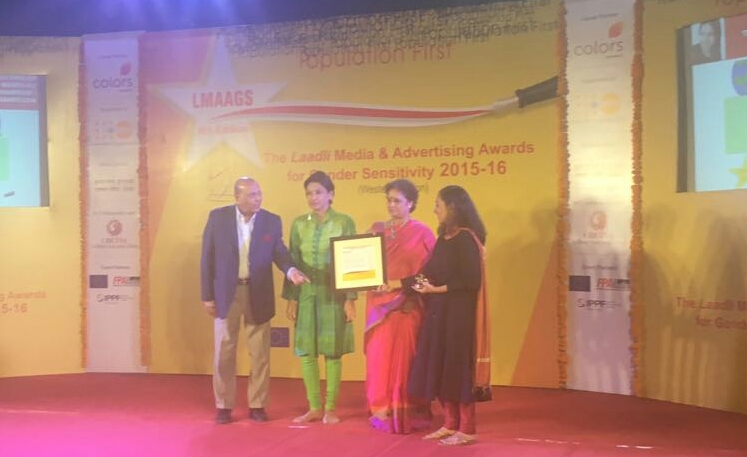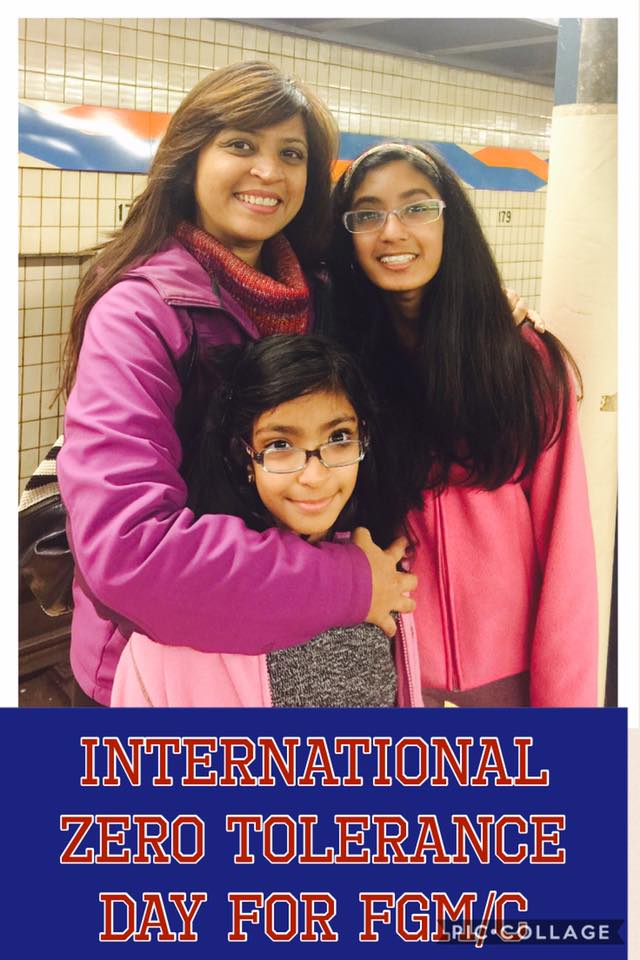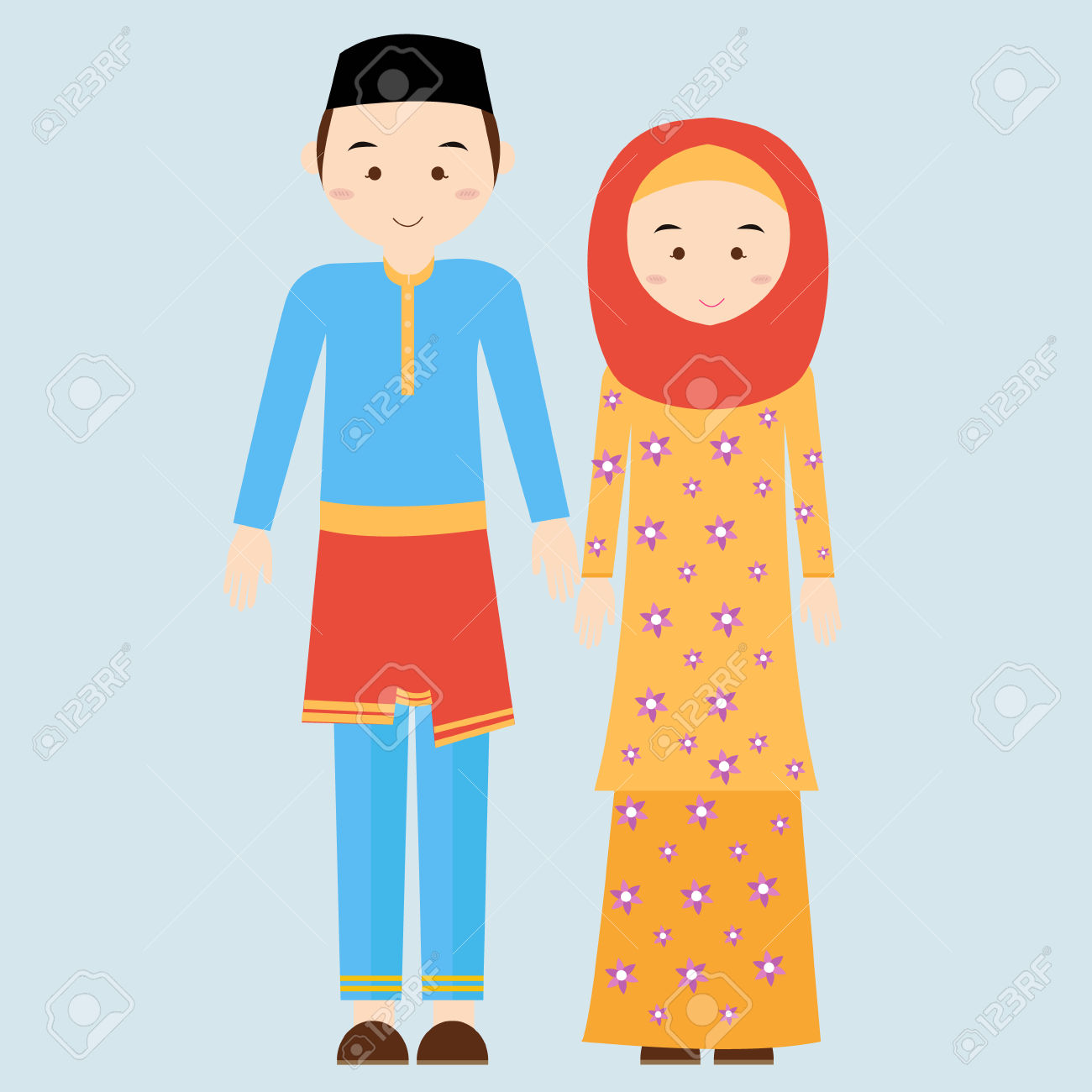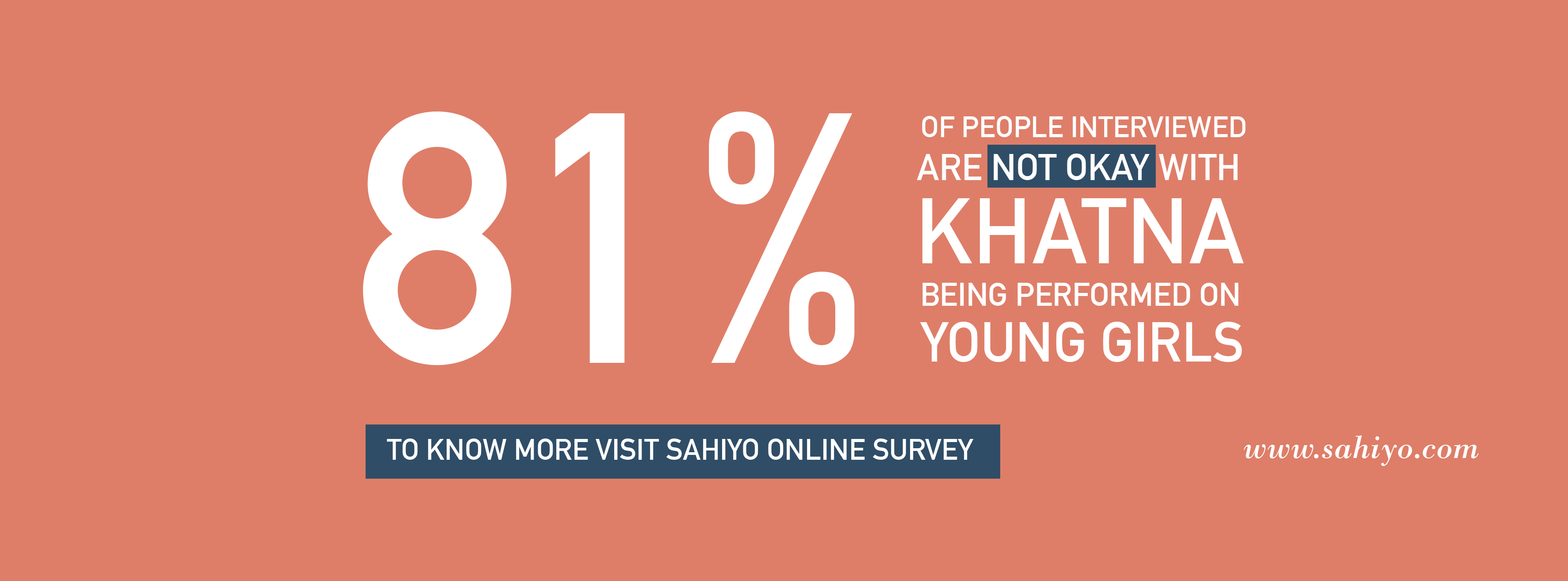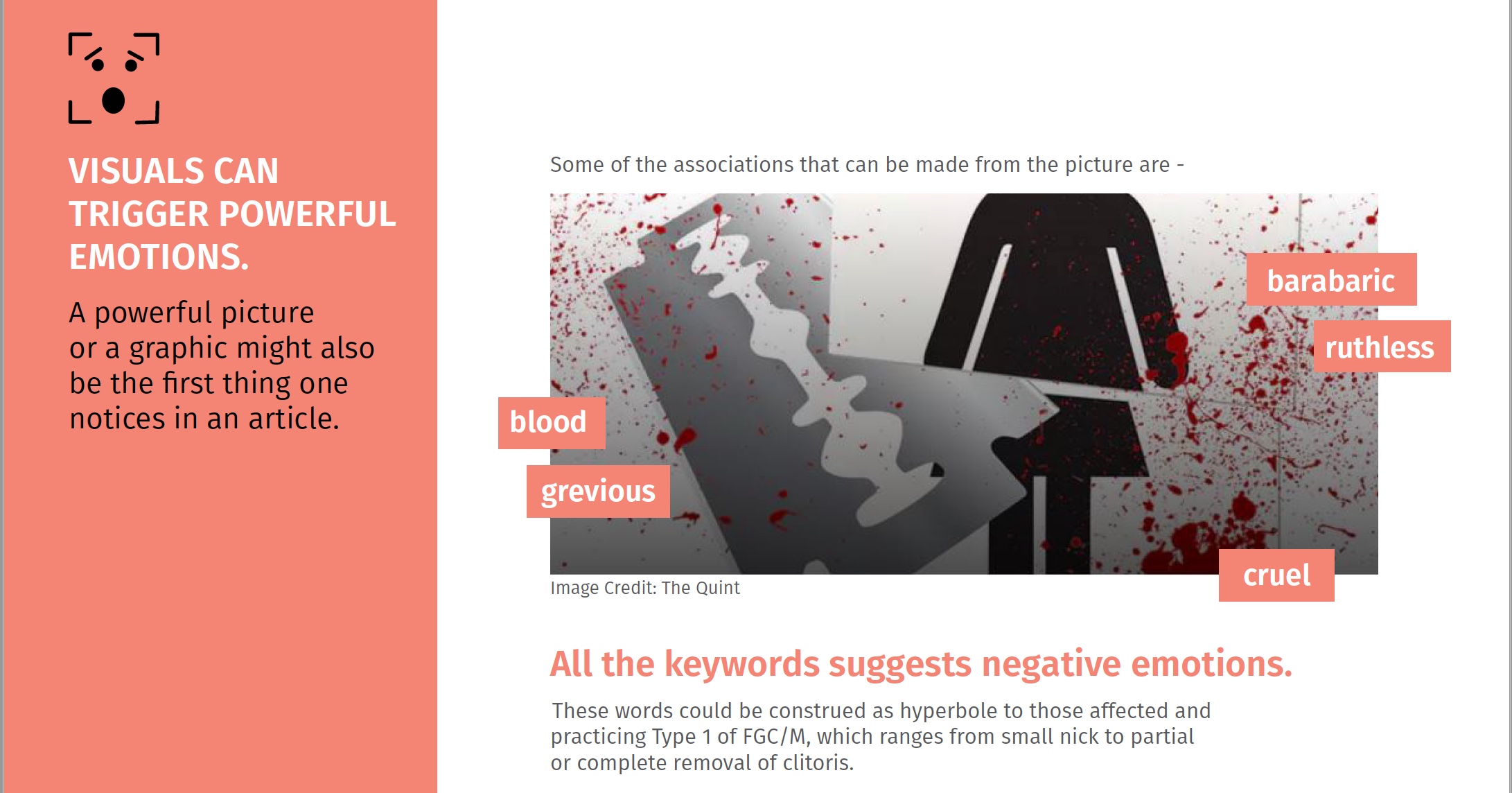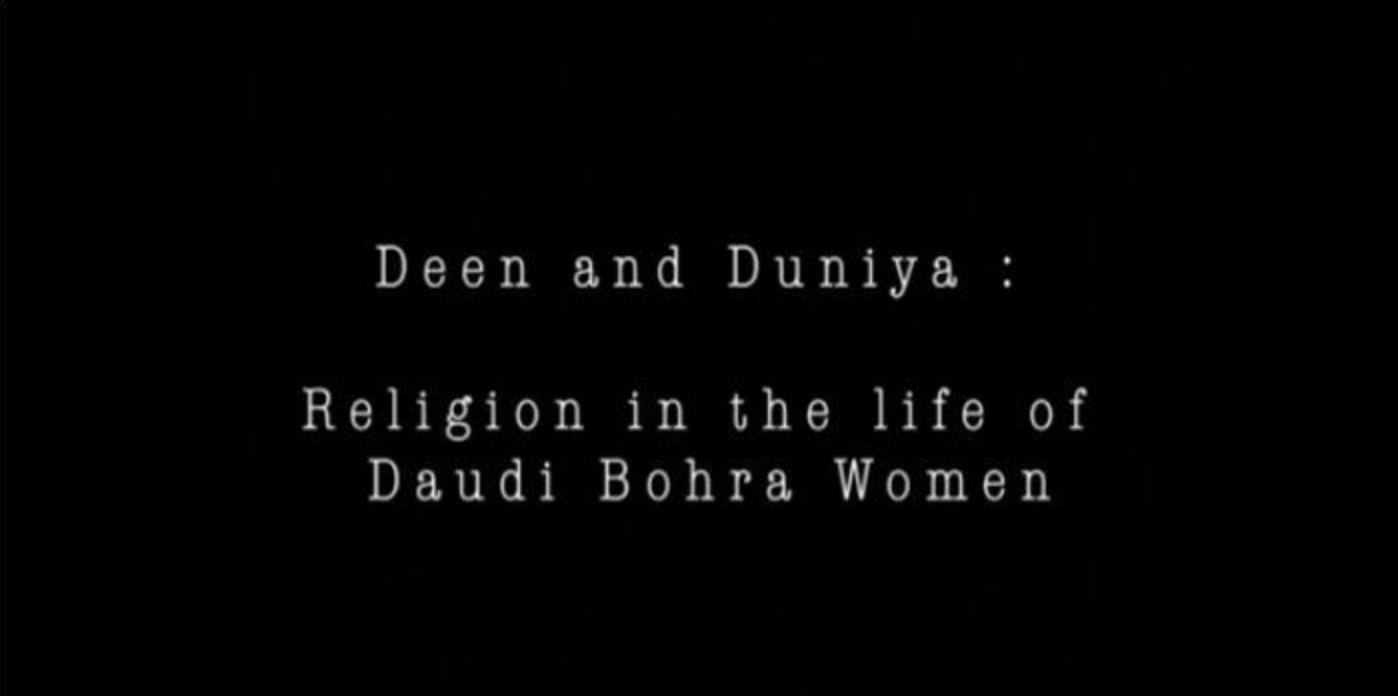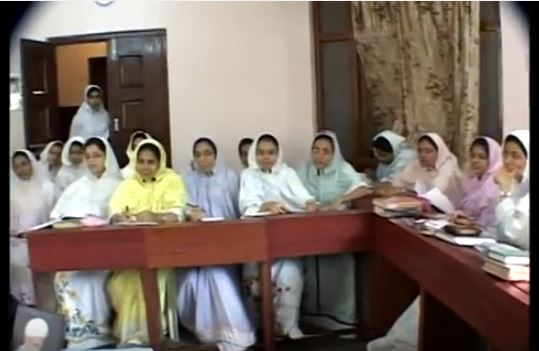By: Anonymous
Country: Singapore
Community: Malay Muslim
Growing up:
I was told as a child, that every girl had to go through it. There is basically NOBODY that you know who hasn’t gone through it. And I BELIEVED everything my mother said.
Perceptions Ingrained in our Minds:
It is dirty, unhygienic, curbs your sexual desires. Basically, what their mothers tell them, they relay it back to us.
Working adult:
I became a nurse. I studied, learned, saw the anatomy of the human body. As a nurse, I cleaned the vagina of women of different ethnicities. Of course, I noticed the difference. They had the hood and the two labia folds, and I did not.
At that time, as a Malay Muslim, I firmly believed that “my vagina is cleaner” than those who were not circumcised. I felt I belonged to a much “higher status” because I was “cut” and they were not. My fellow female Muslim nurses shared the same sentiments.
Marriage:
I had an inter-racial Muslim marriage. I realized my sexual desire plummeted and I wasn’t really interested in sex much longer. I had a private conversation with my husband about it, and he was surprised that FGC was done in many Asian countries. He mentioned that as a Muslim himself, in his own country, FGC was not done. In his country none of his sisters underwent FGC.
Delivery:
I had a natural home birth for my first born daughter, assisted by my own husband.
The way the delivery occurred was unplanned, but it was the most beautiful experience for us both.
Post-Partum Worries:
The natural delivery left a stinging burning sensation on my clitoris region. I naturally thought it will go away. But it prolonged much longer that I expected.
A few months passed, and I still felt a strange sensation in my clitoris region. When I urinated, it felt like someone had punched me – it was sore. I refused to go for a health check-up as I didn’t want ANYONE to touch me. I didn’t want to touch it myself.
It’s coming to 10 months now past my baby’s birth, and my husband and I haven’t resumed sex yet. At first, I was fearful of the pain that might arise. Then, I didn’t want to experience any more intermittent sore sensation in my clitoris region. Thirdly, I didn’t have the sexual drive or desire mainly because I was breastfeeding.
I deeply pondered: Why am I still feeling this? Why does it still felt sore? Is it because of the FGC that my mother made sure I underwent when I was still a baby?
I haven’t talked to my mother about it yet. I guess no one talks openly about it. They just “snip it” when you’re a baby and everyone stays silent about it. I had many questions in mind! Was it done by trained personnel? Does the answer to that question matter anyway, since it’s wrong to do it?
My Baby and Social Pressure about FGC:
My mother kept insisting that I bring my baby for “sunat” to the clinic. She said it will be “over before you know it” – swiftly done.
My husband, on the other hand, refused to have it done to our daughter. He said women in his country did not have it done.
I started my own journey of reading and gaining more knowledge on FGC.
In 2016, at 30 years of age, it affects me now. I was upset that my mother did it purely due to social pressure. Even if you’re an educated woman, social pressure can still influence the way you make a decision.
I was in a mosque a few weeks back, a lady in her 50-60s approached me and chatted about my baby. She handed me her name card which indicated her business services. It read, “sunat perempuan”. I was shocked and disappointed. It is 2017, and still, this is being done by an unlicensed passerby who easily roamed the community promoting her services.
At present:
I joined a Facebook Group for young mothers in Singapore where women’s topics are discussed. One of the issues asked by many young mothers is “WHERE can I take my NEWBORN DAUGHTER for sunat? Which clinic is best?”
This question showed that young educated mothers are still unaware of FGC and its non-relation to Islam. They continue it because THEIR own mothers tell them to do it or that it is the NORM to perform “sunat” after you give birth to your newborn.
There they go, commenting and discussing the rate of several clinics, the packages that come with it (Ear Piercing + Sunat) and their good experience with the doctors who provided such packages to benefit themselves.
Every time I see such questions, I cringe. I commented on those posts about FGC but nobody has taken notice of my comments. Yes, I do hear mother’s voice that they are fearful to see the procedure done on their baby girls, YET they want it done. How conflicting! Other mothers who had undergone it with their newborn baby girls started giving reassurance that “it’ll be over before you know it. Stay strong mummy!” Subsequently, I messaged the mothers privately and gave them social media links (videos/texts) to educate themselves on FGC, especially on Islamic & social views.
It’s still a very long road to adjust the mindset of the Singapore Malay Muslim community on FGC. It’s done openly without a tinge of guilt in their hearts.
I’m sad it was done on me but I will NEVER let it happen to my offsprings.
When we educate the women, we educate the entire nation. Women have to choose wisely what is right and wrong. Don’t succumb to social pressure – just because everyone is doing it, doesn’t make it right.

